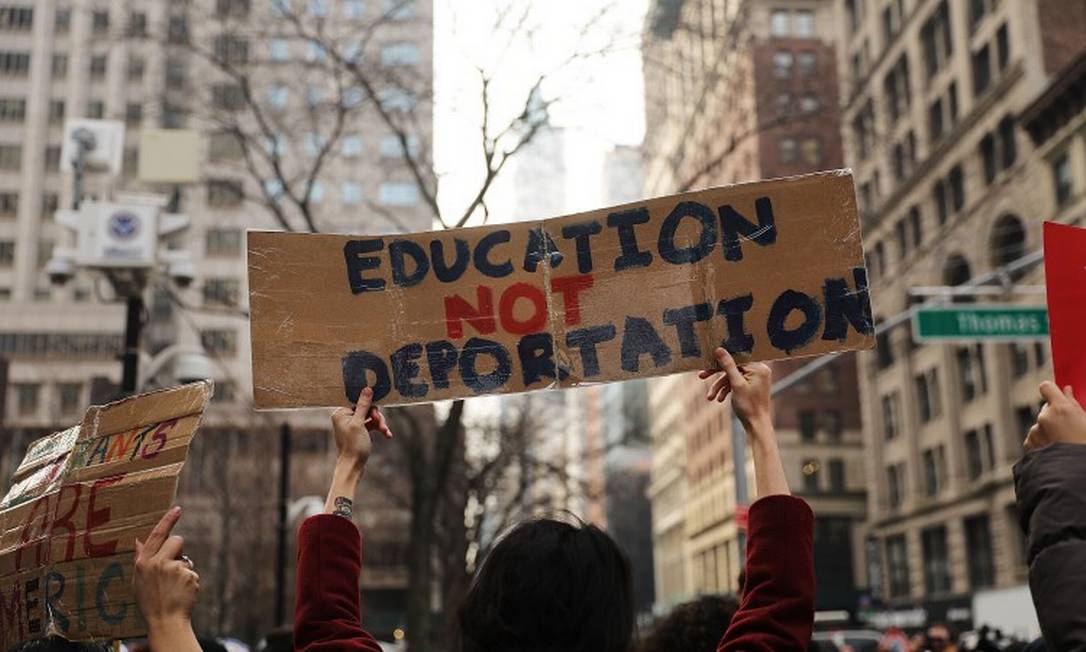Court Decision Terminates 24-Year State Tuition Policy
On June 4, 2025, the U.S. Department of Justice filed a lawsuit against the Texas Dream Act, bipartisan legislation in effect since 2001 that allowed undocumented students to pay in-state tuition rates. The Texas Attorney General joined the federal action, resulting in a permanent injunction that ended the program on the same day.
The Texas Dream Act established requirements including high school graduation from a Texas school and signing an affidavit confirming the intention to regularize immigration status when legally possible. The policy operated for over two decades, benefiting students often brought to the United States during childhood.
State Authorities’ Position
Governor Greg Abbott officially announced the end of in-state tuition benefits for undocumented students. The Attorney General characterized the court decision as a legal victory. The joint motion between the state of Texas and the Department of Justice established federal oversight over the management of Texas public higher education institutions.
The change directly affects students previously eligible for in-state tuition rates, who must now pay non-resident tuition rates, considerably higher than in-state rates at Texas public universities and colleges.
Immigration System Aspects
The case highlights complexities in implementing immigration policies. Current federal legislation offers limited pathways for status regularization for undocumented individuals, especially those brought to the United States as children. The term “getting in line,” commonly used in immigration debates, refers to legal processes that may not be available to all undocumented individuals.
Recent legislative discussions in Texas revealed knowledge gaps among lawmakers regarding immigration categories. During debates on Senate Bill 17, confusion occurred between visa holders and legal permanent residents—distinct legal categories with different rights and procedures for obtaining citizenship.
Economic and Demographic Data
Official statistics indicate that undocumented workers represent approximately 9% of Texas’s workforce. In Houston, about one-third of construction workers are undocumented, according to labor data. Additionally, over 11% of American citizen children in Texas have at least one undocumented parent.
The construction sector, particularly relevant during post-hurricane reconstruction periods, depends significantly on undocumented labor. These workers participate in essential infrastructure projects and community reconstruction initiatives throughout the state.
Change in Decision-Making Process
The Texas Dream Act had been maintained in recent legislative sessions with support from business leaders, educators, and advocacy organizations. The policy’s termination occurred through judicial intervention, not legislative action, representing a transition from state policy to federal oversight.
This change occurred without legislative debate or voting process, differing from traditional legislative procedure. The change impacts students currently enrolled in Texas institutions and those planning to enter state colleges and universities.
Historical Context and Perspectives
Former President George W. Bush had declared that “America can be a lawful and welcoming society simultaneously,” emphasizing the importance of considering immigrants’ contributions during immigration policy debates.
The termination of the Texas Dream Act constitutes a significant policy change that will affect future students and families in Texas. Educational institutions must adjust admission processes and financial aid to accommodate the new tuition structure for affected students.
Institutional Implications
The decision establishes precedent for federal oversight over state education policies related to immigration issues. Texas public universities and colleges must implement new guidelines for determining eligibility for tuition rates, affecting institutions’ administrative and financial processes.
The impact extends beyond financial aspects, influencing long-term educational planning for students and families affected by the policy change.
Contact us today through our WhatsApp to discover how we can help you achieve success in the United States. Together, we can turn dreams into reality.
Information source: americanimmigrationcouncil.org



